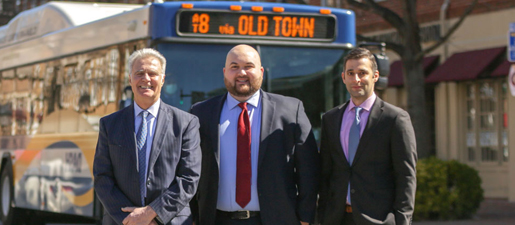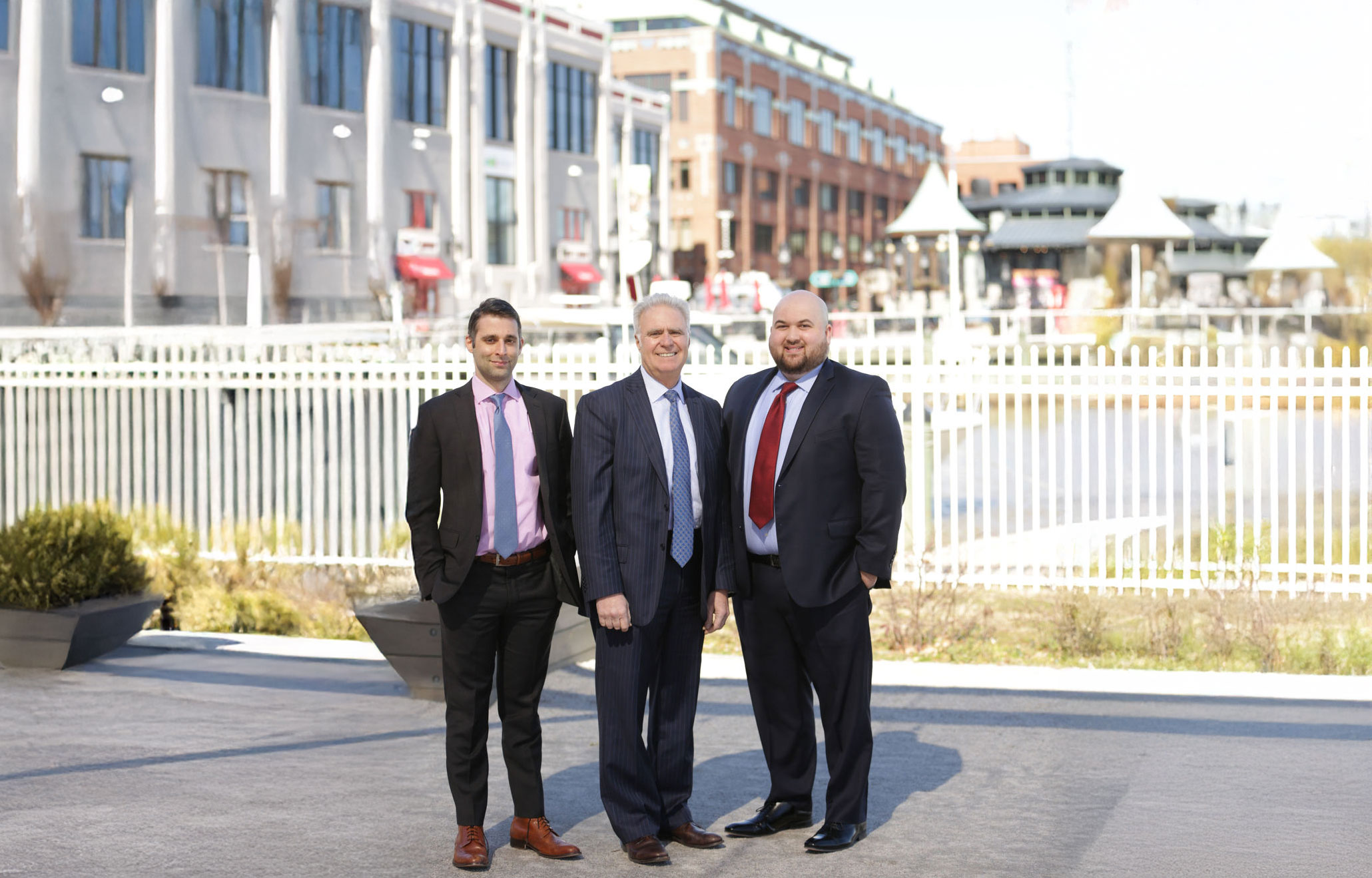
At Curcio Law, we monitor and support legislative developments that impact our clients and the communities we serve. Beginning July 1, 2025, several new Virginia laws will take effect—many of which could significantly shape the personal injury legal landscape in the years to come. From roadway safety to employer accountability, here are some of the key changes you should know.
HB1730 – Employer Liability for Sexual Assault or Injury by Employee/Agent
This landmark legislation—known as the Sexual Assault Employer Accountability Act—makes it possible for victims of sexual assault or other wrongful acts to bring civil cases against employers when the harm was committed by an employee. It specifically protects vulnerable individuals, including patients, residents of long-term care facilities, and people with disabilities. The law applies to incidents occurring on or after July 1, 2025, and is a crucial step toward improving accountability in workplaces and care settings.
SB1416 – Careless Driving; Injury or Death of Vulnerable Road Users
SB1416 strengthens protections for pedestrians, cyclists, and other vulnerable road users. The law removes vague language like “careless or distracted driving” and instead clearly requires drivers to stop for pedestrians. Failure to do so is a traffic infraction, and if that failure results in serious injury or death, it becomes a Class 1 misdemeanor. This legislation makes enforcement easier and promotes safer streets across Virginia.
HB1549 – Vehicle Operation by Unlicensed Minors; Penalties
This new law makes it a Class 1 misdemeanor for anyone who knowingly allows an unlicensed minor to drive a motor vehicle. If the minor is involved in an accident that causes injury or death, the stakes are even higher. The law aims to prevent unnecessary tragedies and hold adults accountable for placing others at risk.
HB2475 – The Christopher King Backseat Law (Seatbelts for All)
Named in memory of 18-year-old Christopher King, who died in a crash while unbuckled in the back seat, this law mandates seatbelt use for all vehicle occupants, front and rear. While it remains a secondary offense—meaning citations can only be issued if the driver is stopped for another violation—it imposes a $25 civil fine for non-compliance. Several exemptions apply, including for individuals with medical conditions and certain workers like mail carriers and meter readers. This measure closes a long-standing gap in Virginia’s seatbelt laws and promotes greater roadway safety.
HB2041 – Expansion of Photo Speed Monitoring Devices
Previously limited to school zones, photo speed monitoring devices can now be used in work zones, high-risk intersections, and other designated areas. This expansion helps deter speeding, records information helpful as evidence in personal injury cases, and protect both drivers and pedestrians alike.
Why These Laws Matter
Each of these new laws enhances safety or accountability—two cornerstones of personal injury law. Whether by holding employers responsible for harm in care settings, clarifying driver obligations on the road, or encouraging passenger safety, Virginia is taking steps toward a safer, more just system.
At Curcio Law, we continue to advocate for commonsense reforms that prioritize victims’ rights and community safety. If you have questions about these changes to the law, feel free to contact us.

